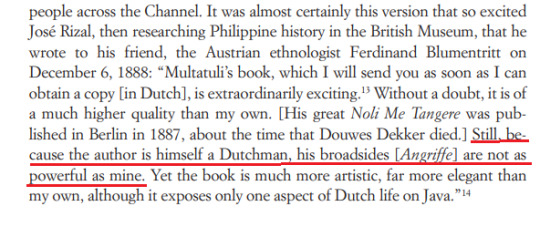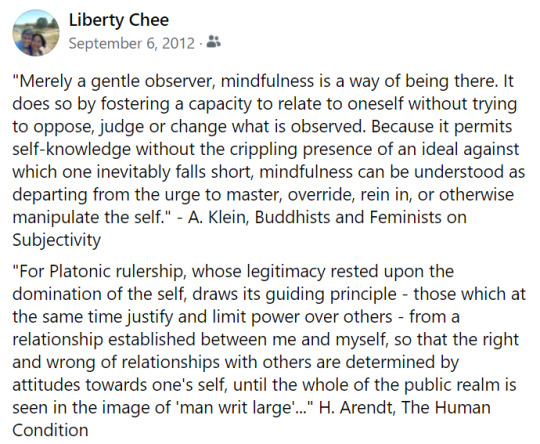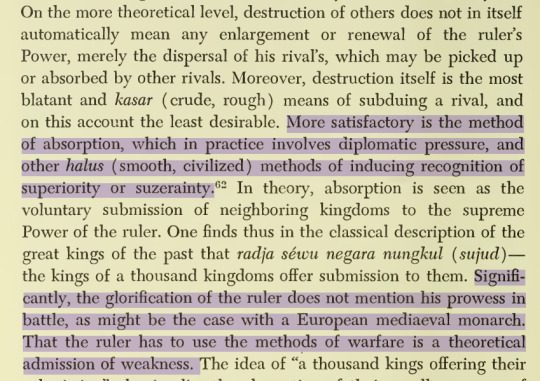Text
Hello Tumblr, it's been a while.
This morning I attended an online info-session about a new funding scheme by the Volkswagen Foundation on "societal transformations". In what appears to be an accelerating trend among funding institutions, what is required of the 21st century researcher will no longer fit the old Cartesian divide between knowers and the known. What they are looking for are "change agents", where the focus is on "transformation processes". The basic premise is that scientists are increasingly asked to co-produce with non-academic entities for "socially robust knowledge". In the European context, the kernel of this idea likely began with the work of Helga Nowotny, Peter Scott and Michael Gibbons from the late 1990s on the science-and-society interface. Helga Nowotny, an STS scholar, was vice-president and then president of the European Research Council from 2007 to 2013.
0 notes
Photo
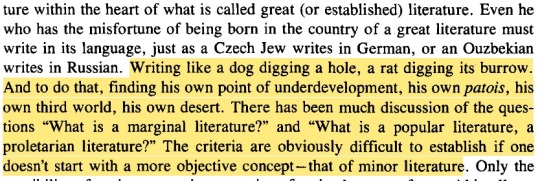
Kafka: Toward a Minor Literature, Gilles Deleuze and Felix Guattari
14 notes
·
View notes
Photo
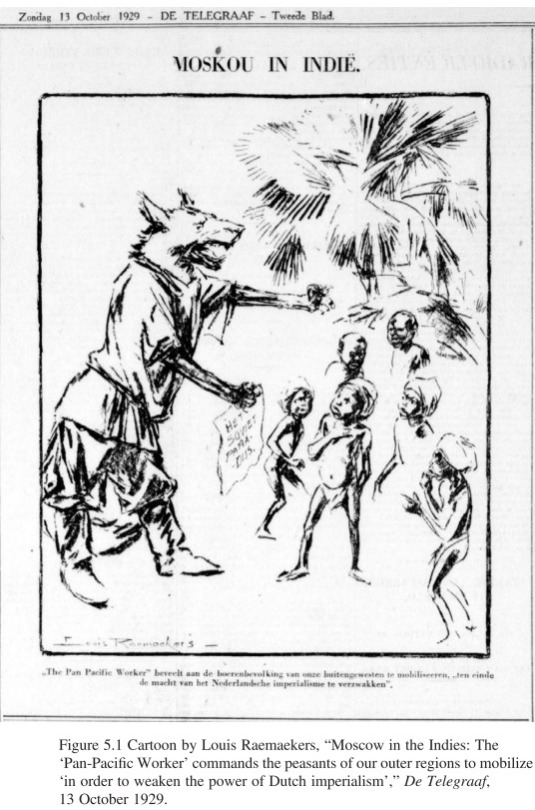
From Subversive Seas: Anticolonial Networks across the Twentieth-Century Dutch Empire, by Kris Alexanderson.
0 notes
Video
youtube
At the 26 minute mark, the 'labour calculus of race' is a really useful analytic, e.g. to explain what may be a double-fold difference in wage rates of a Filipino and, say, their Ghanaian counterparts in domestic worker labour markets.
2 notes
·
View notes
Text
ZP season
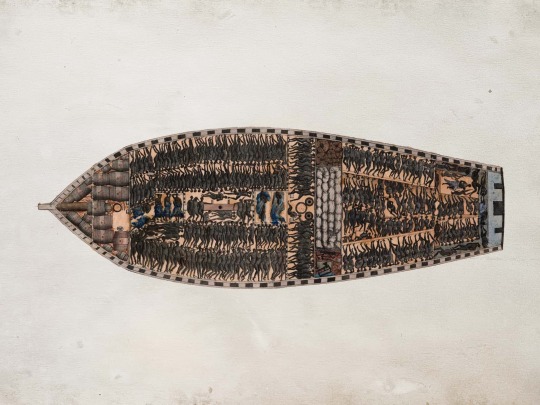
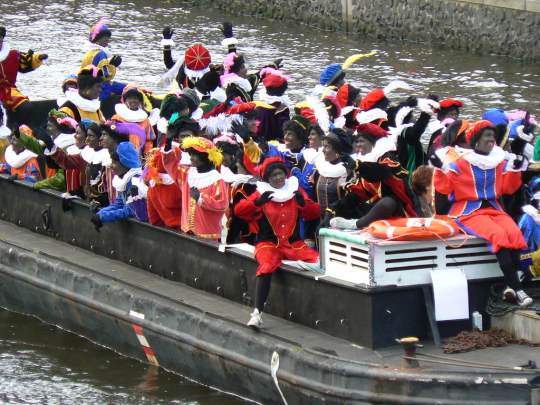
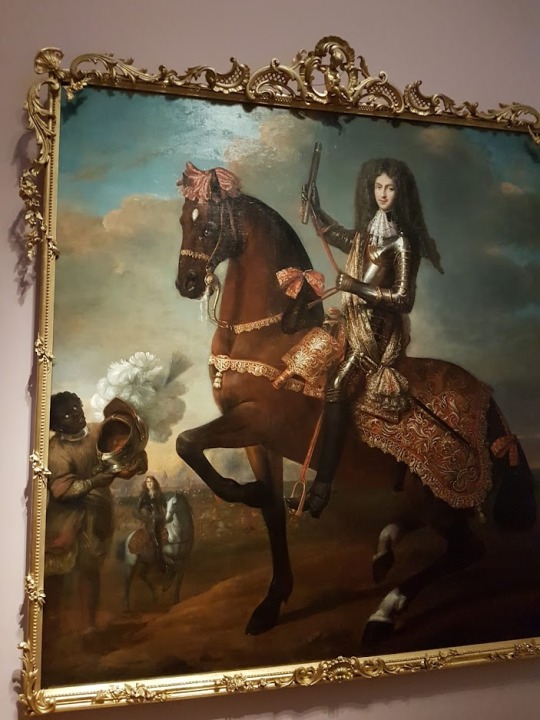
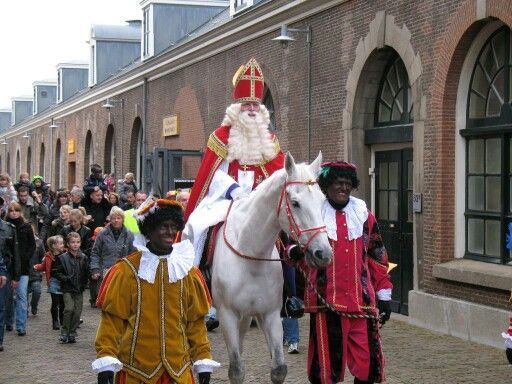
Black people on Dutch boats. A black person and his master on a horse. These figures are homologous, but obviously not the same. While the figure of Zwarte Piet has changed radically in the course of the last century and a half, it's quite clear that the figure reflects the current state of the Dutch mythos, and how the stories its people tell themselves is evolving. A quick google search shows that he used to wear chains. Now this is no longer the case. The question is, what kind of Piet does this generation want? Or maybe even need?
0 notes
Photo
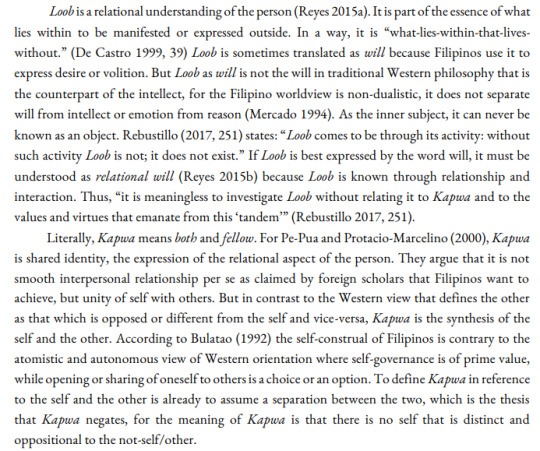
“Filipino Virtue Ethics and Meaninful Work,” by Ferdinand Tablan
0 notes
Link
At some point want to revisit these philosophical concepts to work on relationality.
1 note
·
View note
Text
Time/space/warp
10-minute walk to SM. 30-minute wait for the E-jeepney. 45 minutes to get to campus if lucky. 20-minute walk to the E-jeepney stop. 30-minute wait. 45 minutes to get home if lucky. 10-minute walk home. Commute of three hours everyday. More if it rains.
0 notes
Link
Is science a public good?
Mol: "Rather than answering this question with a huge yes/no it's relevant to start breaking down the practices. In practice, there are very many sciences with different branches and sub-sub-sub branches that seek different goods and also have different downsides. We cannot answer this questions at the general level, in a wide and sweeping way. Philosophy should not try to contribute by making huge statements. It should try to contribute by attending in a fair and careful way to particulars."
1 note
·
View note
Video
youtube
Dipesh Chakrabarty makes some interesting remarks about Marx and Foucault.
0 notes
Text
Random thought before I lose it
19th century: were Reynaldo Ileto's peasants ever 'in dialogue' with Ranajit Guha's peasants? Were they ever considered as 'acting' in the same world historical frame as European workers and American slaves in the same globalising capitalist economy?
0 notes
